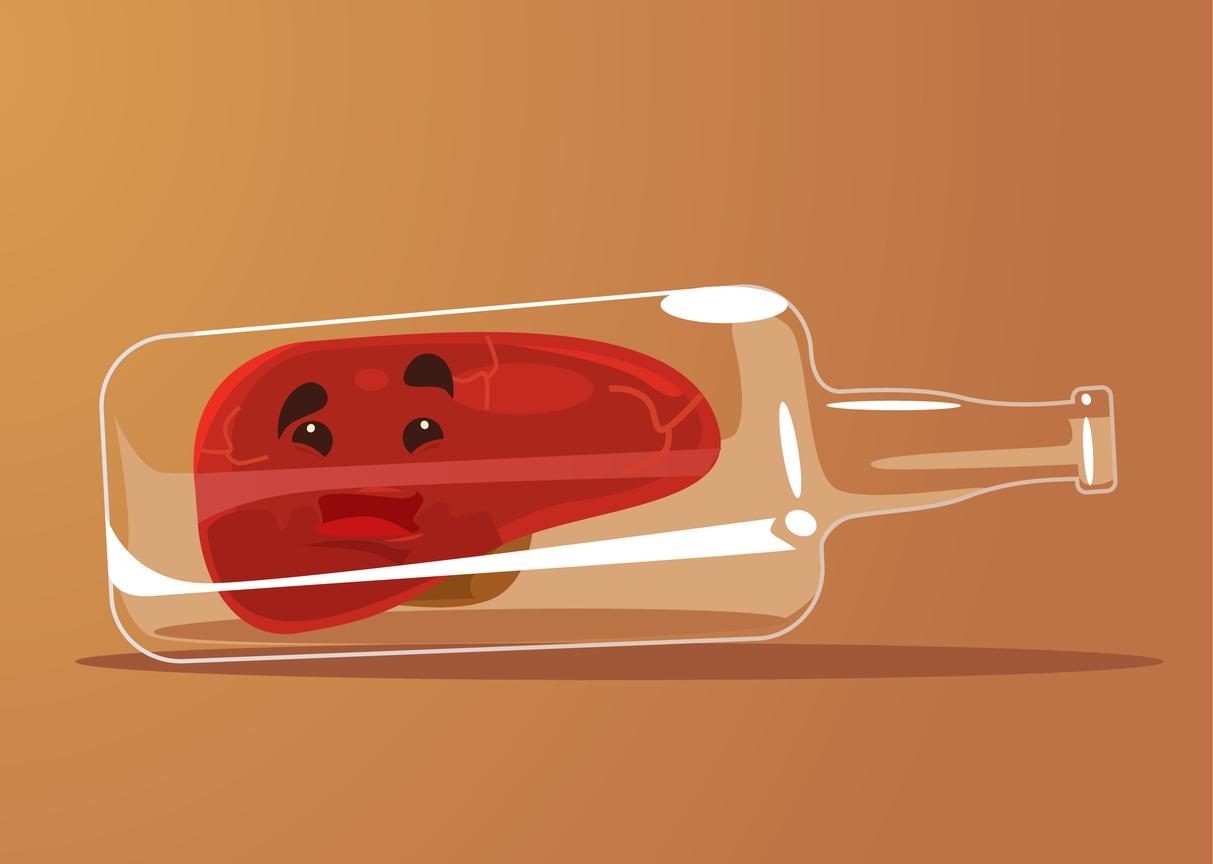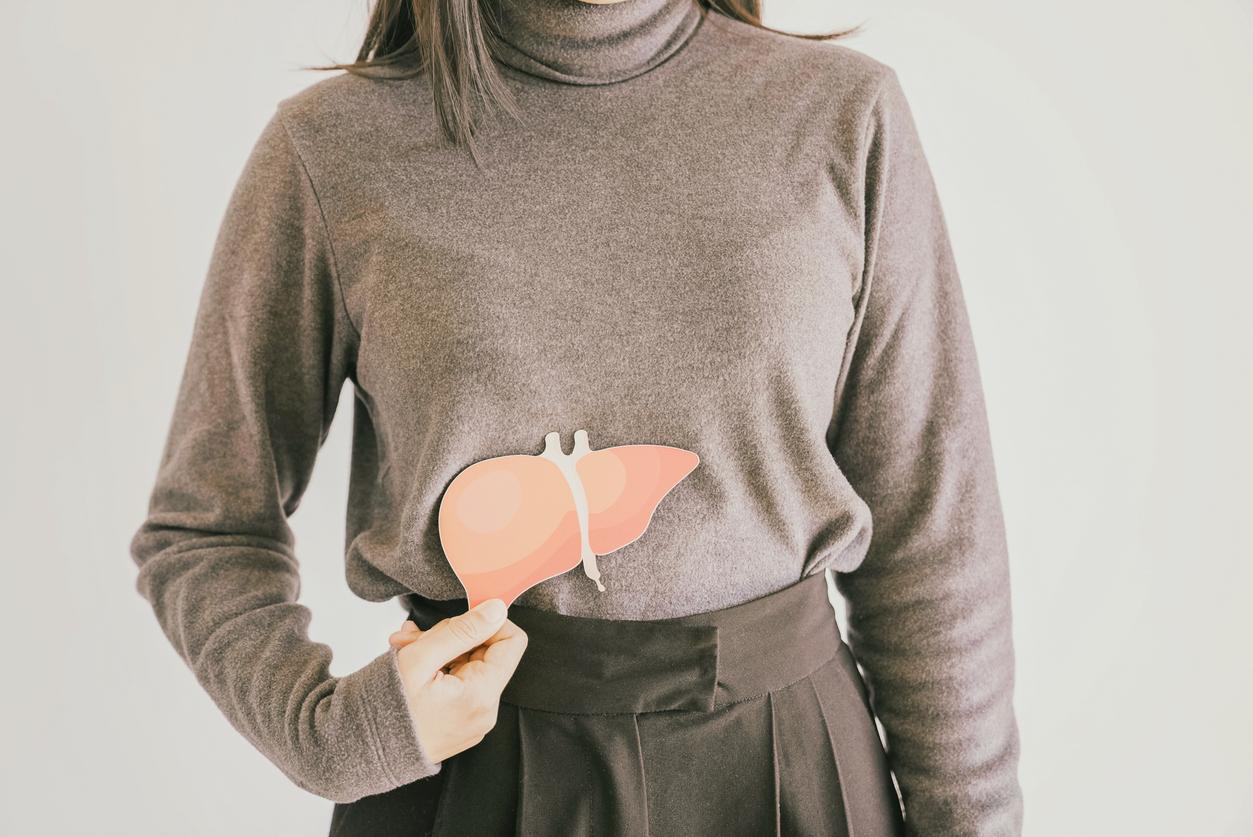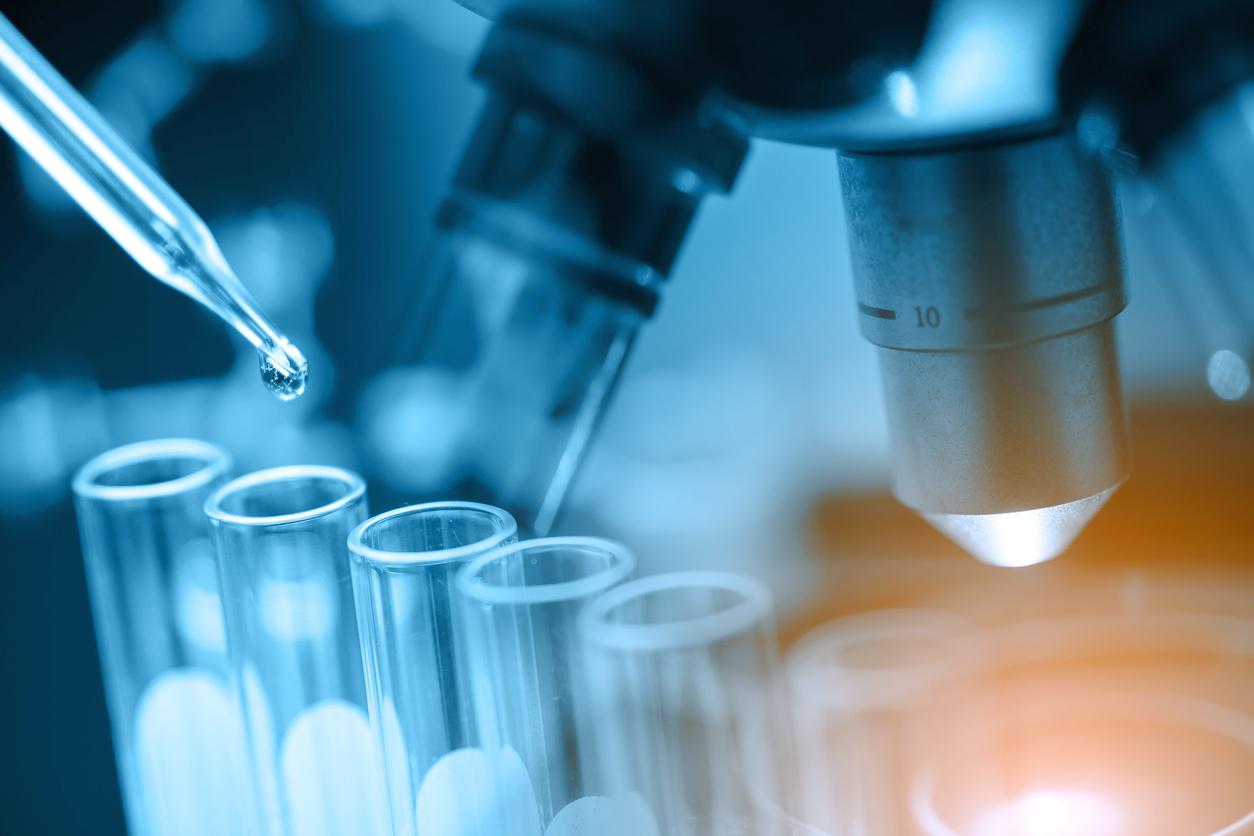An alternative to organ donation could perhaps see the light of day within ten years. Japanese researchers at Yokohama City University created a human liver from induced pluripotent stem cells (iPS).
To achieve this, Professor Takanori Takebe’s team implanted a lab-created liver blank in a mouse that had been induced to fail in the liver. The organ has developed and enabled it, by producing specific proteins and ensuring its purifying function, to improve its health.
These results need to be verified and it is too early to know if this technique can be used in humans, but the authors of the study are optimistic, while indicating that possible clinical trials in humans can be organized. within ten years.
An open door
The study, published by the specialist journal Nature, was praised by the scientific community. “By reconstructing cellular interactions which are important for the natural progression of the liver, these researchers obtained a robust and mature tissue”, rejoices Kenneth Zaret, of the University of Pennsylvania, in the United States, quoted by the journal Nature, “It’s a great day for developmental biology.”
Indeed, this experience opens the door to major advances in the field of regenerative medicine such as, for example, detecting the adverse effects of new drugs before clinical trials on humans.

















